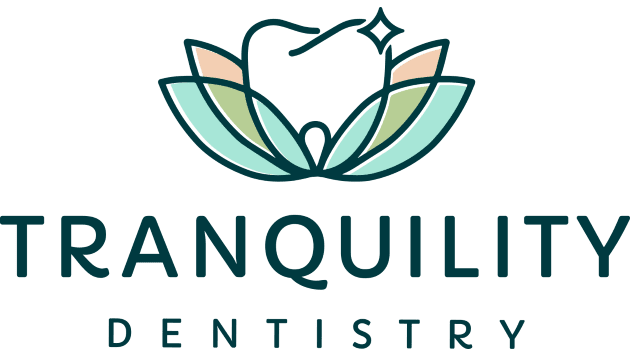
The Importance of Baby Teeth and How to Care for Them
Taking Care of Baby Teeth
Baby teeth, also known as primary teeth, might seem insignificant since they eventually fall out. However, these tiny teeth play a critical role in your child’s development and overall health.
Understanding their importance and learning how to care for them from the beginning is essential for ensuring your child’s smile stays healthy and strong for years to come.

Why Baby Teeth Matter
-
Foundation for Adult Teeth
Baby teeth act as placeholders for permanent teeth, guiding them into their correct positions as they grow. If a baby tooth is lost too early due to decay or injury, the surrounding teeth can shift into the gap, potentially leading to misalignment issues when adult teeth come through.
-
Speech Development
Baby teeth are crucial for your child’s ability to form words and sounds. Missing or unhealthy teeth can make it harder for children to pronounce certain letters and sounds, potentially affecting their speech development. -
Chewing and Nutrition
Baby teeth allow children to chew and break down food properly, which is essential for digestion and receiving the nutrients they need for growth. Pain or discomfort from decayed teeth may discourage them from eating, potentially leading to nutritional deficiencies.
-
Building Healthy Habits
Taking care of baby teeth teaches children about the importance of oral hygiene from a young age. Developing these habits early on sets the stage for lifelong dental care, reducing the risk of serious oral health problems as they grow older.

Caring for Baby Teeth
Caring for your child’s teeth should begin long before they make their first appearance. Here are some essential tips for keeping your child’s teeth healthy from the very beginning:
Even before your baby’s first tooth appears, you can establish a cleaning routine. After feeding, gently wipe your baby’s gums with a clean, damp cloth or a soft infant gum cleaner. This helps remove bacteria and gets your baby used to the sensation of cleaning.
When the first tooth erupts, usually around 6 months of age, start brushing it gently with a soft-bristled toothbrush and water. Use a smear of fluoride toothpaste (about the size of a grain of rice) to help protect the tooth from decay.
By age three, you can increase the amount of toothpaste to a pea-sized amount, and continue supervising your child to ensure they don’t swallow it.
As soon as two teeth touch, it’s time to introduce flossing. Use a child-friendly flosser to gently clean between the teeth and remove food particles and plaque that brushing can’t reach.
Tooth decay caused by prolonged exposure to sugary liquids, known as bottle decay, is a common problem. Avoid putting your baby to bed with a bottle of milk, formula, or juice. If your child needs a bottle for comfort, fill it with water instead.
This can also occur with breastfeeding, if your baby co-sleeps and feeds multiple times through the night after their teeth erupt. Breast milk contains lactose, which bacteria can convert into lactic acid, decaying the brand new and vulnerable primary teeth. Try and give your baby a bigger feed followed by a longer break without breast milk if you co-sleep, to reduce the amount of exposure the teeth have to the lactose.
A nutritious diet plays a significant role in maintaining healthy baby teeth. Limit sugary snacks and drinks, which can contribute to cavities. Instead, focus on foods rich in calcium, like dairy products, leafy greens, and fortified cereals, to support strong teeth.
It is recommended that children have their first dental visit by the age of one or within six months of their first tooth erupting. Early check-ups help ensure your child’s teeth are developing properly and allow the dentist to identify potential problems before they worsen.
-
Be a Role Model
Children are more likely to adopt good habits when they see their parents practising them. Brush and floss your teeth together as a family to make dental care a fun and normal part of daily life.

Recognising Common Dental Issues
Despite your best efforts, some issues may still arise. Here’s what to watch for:
- Teething Discomfort: Babies may experience discomfort when their teeth start erupting. Gently massaging their gums or offering a cold teething ring can help soothe the pain.
- White Spots on Teeth: These could be an early sign of tooth decay. If you notice them, consult your dentist immediately.
- Cavities: Baby teeth are prone to decay if proper care isn’t taken. Look for dark spots or holes and seek dental treatment promptly.
Building a Strong Foundation
Baby teeth are small, but their role in your child’s health and development is monumental. By caring for them properly, you not only protect your child’s smile but also establish a strong foundation for lifelong oral health.
Start with simple routines, lead by example, and make regular dental visits a priority. With these steps, you can help your child maintain healthy teeth and gums, setting them up for a lifetime of confident smiles.
Click here to schedule your next appointment.
